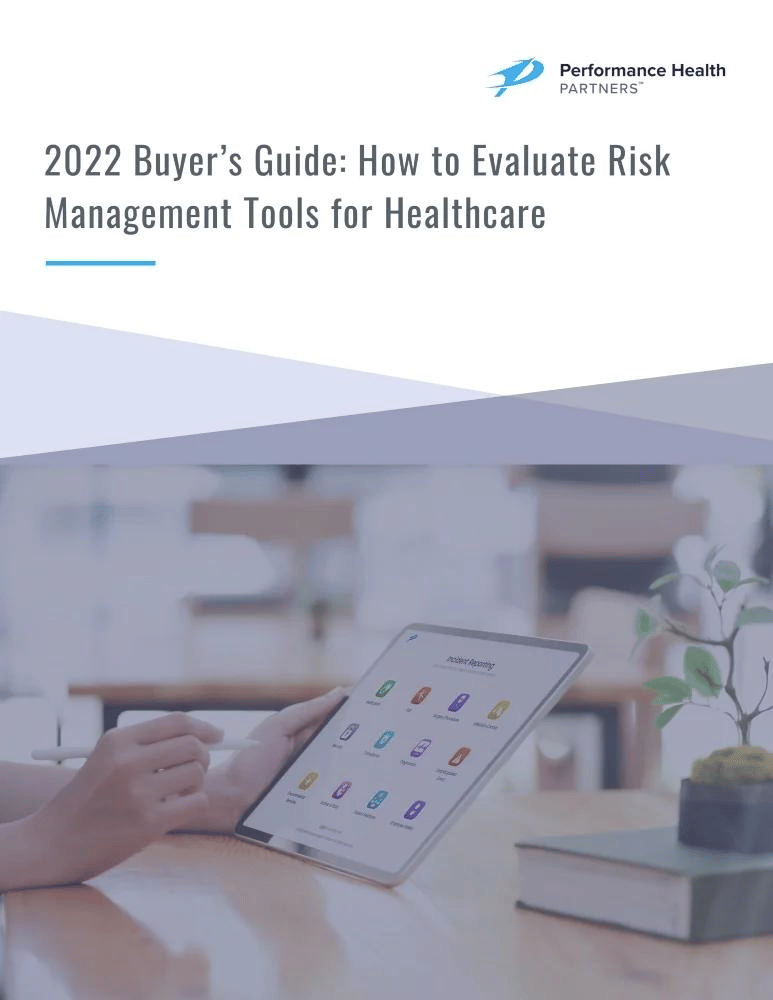Due to the nature of healthcare, patients, staff, and organizations may be exposed to risk regularly. Establishing a thorough risk management program allows healthcare organizations to consistently identify potential risk factors and implement procedures to address those risks.
Furthermore, risk management in healthcare can lead to a good record of patient safety, which helps an organization maintain its brand reputation, obtain accreditation, receive reimbursements, and become a provider of choice.
Developing and implementing a risk management plan can be overwhelming, but a risk management software solution – when appropriately executed – can reduce much of the burden.
More specifically, incident reporting systems make it easy for healthcare workers to report incidents, quickly notify the risk management team of events, and provide real-time data to enable organizations to identify underlying issues to prevent future incidents from reoccurring. As a result, with an incident reporting system, risks are reduced, costs are cut, and process efficiency is improved.
But not all incident reporting systems are created equal. That’s why healthcare organizations must choose incident reporting software that is flexible and customizable enough to allow staff to focus on what they do best: delivering safe, high-quality care.

